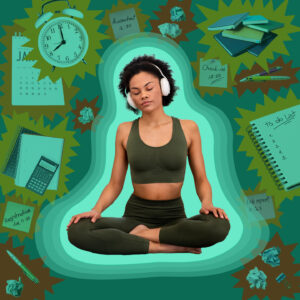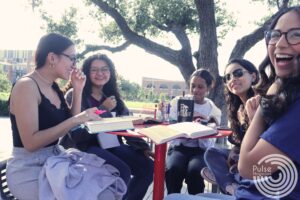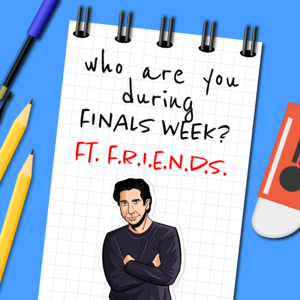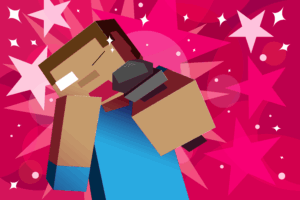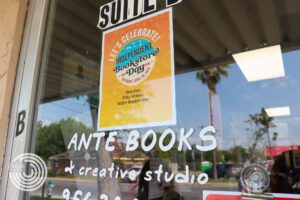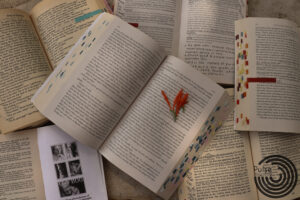Resilience Redefined
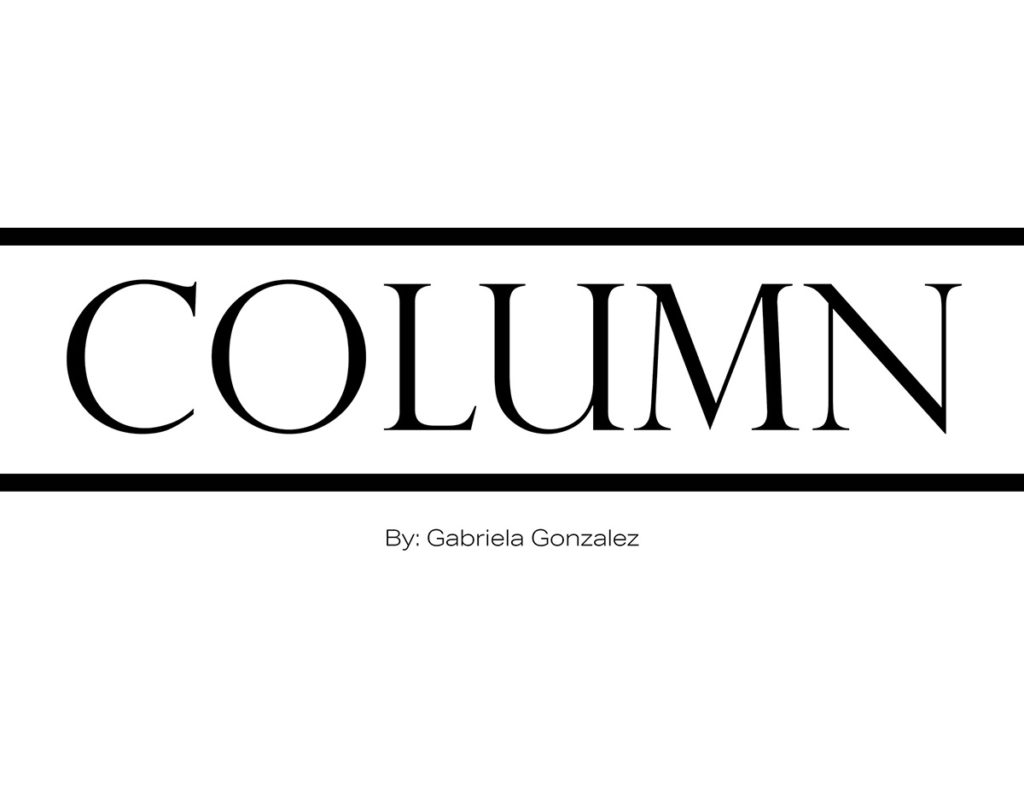
The first time I remember hearing the saying “history repeats itself” was when I was 16 years old during my U.S History class. Social studies never resonated with me throughout elementary and middle school years. It was common for me to fall asleep or lose focus during these courses and participate in student-parent-teacher conferences.
Before taking the U.S. History class, I had a strong disinterest in history topics because I did not see the point in learning about events that happened before we were born and the people that contributed. I never understood why the school curriculum required to teach students about colonization or the bloodshed of the Native American population. Soon after taking U.S. History, I began to understand more what the saying meant on an analytical level. I started to see history as a domino-effect. Modern historic events such as the legalization of gay marriage, the rise of Black Lives Matter movement and combatting against the extreme state of climate change are some events that are rooted in the depths of social factors impacting our daily lives. The existence and parallels in historic reoccurrence exist in poverty, war, social class, and racism. The unemployment rates continue to rise as dramatically as the U.S. life expectancy drops. In a philosophical sense, we have come full circle. After trials and tribulations of historic events, we have ended up in a global pandemic, something none of us thought to prepare for.
It has marked almost one year since COVID-19 was detected in all 50 states of the U.S. Entering 2020 was a milestone for many. It marked the end of the 2010s: the decade of social media platforms, internet challenges and meme culture. 2020 was a chance to start on a clean slate, perhaps begin a new project or begin practicing a better lifestyle. Life before the novel coronavirus is almost foreign to me. Society has redefined normal to fit in with the circumstances
we are living under. Before preparing for lockdown, the 2020 spring semester had just begun. I was looking forward to the final moments of my college career. I was ready for more experiences, up until the week of spring break. The week of spring break was when the news announced the coronavirus as a global health emergency. I was at Walmart when I saw the news display on one of the television screens. Everyone’s eyes were glued to the screen, panic and distraught in their eyes, unaware of what was going to happen. At the same time, I received an email from notifying that spring break would be extended. Intuitively, I knew something was about to change and indeed, change prevailed. from that point forward, nothing would be the same.
The unknown of the who’s and what’s of coronavirus was both figuratively and literally killing people. Is it preventable? How can we stop it? What are the symptoms? These were common questions at the beginning. Grocery stores were wiped clean and gas prices were dropping to the 1-dollar mark. Virtual learning became the new normal for students around the world. From elementary students to college students, many constantly struggled to stay motivated and focused. Teachers and professors struggle in this aspect equally, constantly trying to keep students on task for extended periods of time from their place of relaxation – their home. Switching to virtual learning put a mental toll on me. The sedentary quarantine lifestyle made me feel less motivated and slowed down my momentum. It is unusually heartbreaking thinking that my last year of college is being spent staring at a 15-inch laptop screen, feeling like I am getting cheated out of my education.
My mental and emotional state took a turn as we proceeded one month after another. 2020 also became the year for the resurgence and increase of social justice movements and many political events. Political and social justice issues began to surface occasionally, one police
brutality incident after another and one presidential debate after another. It was overwhelming to see the media constantly talk about systemic racism, corrupt policies, and coronavirus updates from frontline workers. Despite the constant influx of information from social media and the news, it did not stop me from becoming involved in the community.
Before the pandemic, some of my fonder memories on and off campus was advocating for Bernie Sanders’ campaign and encouraging people to register to vote to participate in what would soon become the biggest presidential election in United States history. These fond memories constantly remind me that the fight for justice finds power in solidarity. These feelings carried on when there started to be a worldwide spread of protests and rallies in honor of the Black Lives Matter movement. Despite the pandemic, I was proud to reunite with friends and peers, helping to amplify the voices of people who our current society has fought to silence. Injustices continue to intoxicate America and other countries, but I remain hopeful that during and in a post-pandemic life, revolutionaries will strengthen their resolve. The revolution is upon us.
This pandemic helped me understand community unlike any other period in my life. My loved ones and I are living through the phrase that has stuck with me since I was 16, “history repeats itself”. I will not forget the local businesses that suffered through this economic crisis. I will not forget how the RGV community got together after Hurricane Hanna. I will not forget living through the violence between Donald Trump and Joe Biden supporters. I will not forget the man who waved his chainsaw at protesters in McAllen. I will not forget constantly being harassed by Trump supporters. I will not forget when wearing a mask was a partisan issue. I will not forget the week-long period of ballots being counted. I will not forget the time I streamed media outlets until dawn, eager to see who won the election. I will not forget the bittersweet
feeling I felt at the time that while I was at a rally celebrating Trump’s defeat, my friend Isela was in the hospital fighting for her life.
Living in one of the biggest hotspots for COVID-19 in the nation was a morbid reality. With each hospital in the area occupied by an overwhelming number of COVID-19 patients, the lack of beds and resources available resulted in many patients not being treated. Options were limited to staying home until the virus has run its course or waiting for a hospital bed to become available. Both options had risks and many people died as a result. To this day, morgues are still overpacked in some areas, requiring large freezer trucks to store the deceased bodies. I attended my friend Isela’s funeral in November. I never expected to be attending a funeral service during a pandemic. Her death reminds me of how disproportionate our healthcare system is. The gaps in access, quality and affordability caused Isela and many other their lives. Losing a loved one is never easy. This is a realization that I have not fully come to terms with. If there is one thing each of us are guaranteed, it’s our fate with death. Death is easy. Life is hard.
I have become desensitized to many of my surroundings in the past year. Long periods of isolation and still living in this unknown state with no trajectory has not been easy. Starting a conversation about mental health, engaging, and checking in is reassuring to know none of us are alone during these unprecedented times. We must find things that ground us. I took on hiking, gardening and painting. I have been reading more and investing my time in educational documentaries. I have protested and rallied and volunteered. I have seen new art and created new art. I have met new friends and I have lost old friends. I have laughed out loud, and I have cried out loud. Where there is comfort, there is no growth. Where there is a moment of history, there is a cycle ready to repeat itself, and a lesson to be learned.

